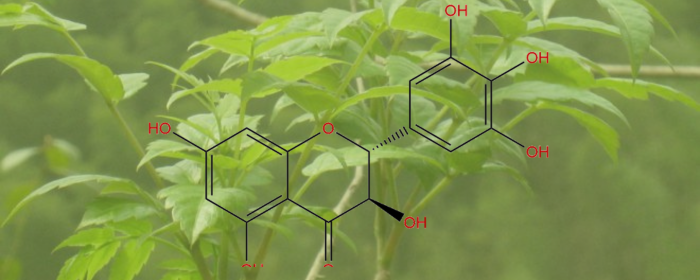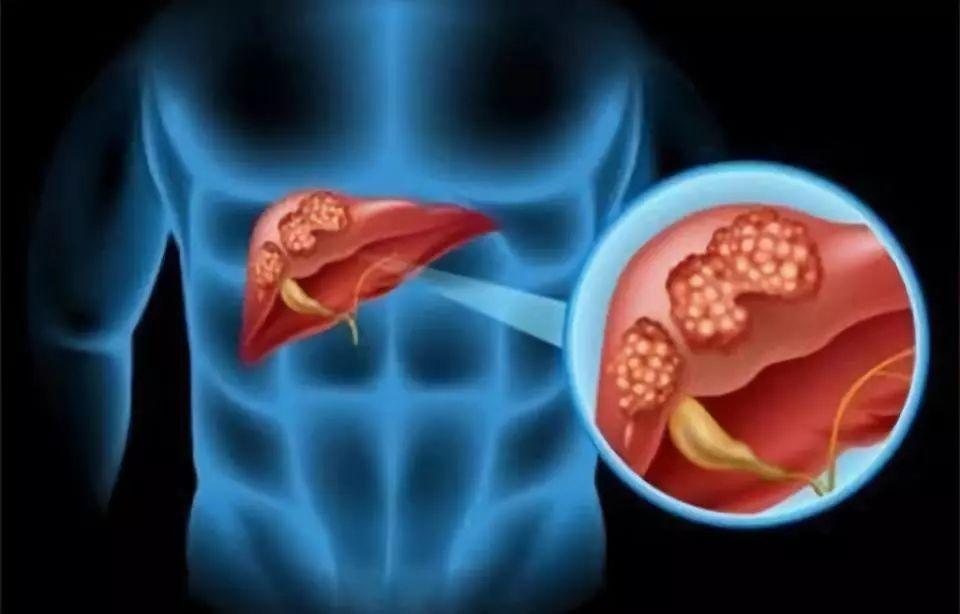
Dihydromyricetin (DHM) is a natural flavonoid compound extracted from plants, particularly from the traditional Asian medicinal plant Ampelopsis grossedentata, commonly known as vine tea. In recent years, DHM has gained significant attention for its potential health benefits, including antioxidant, anti-inflammatory, liver-protective, and anti-alcohol properties. This article explores the general benefits of DHM and its specific role in alcohol metabolism.
What is Dihydromyricetin
Dihydromyricetin is a naturally occurring flavonoid primarily found in vine tea and certain fruits, such as bayberries. Flavonoids are known for their diverse biological activities, and DHM has been studied for its potential applications in preventing and treating various health conditions.
General Benefits of Dihydromyricetin
1. Antioxidant Properties:
DHM has strong antioxidant capabilities, which allow it to neutralize free radicals and reduce oxidative stress, thereby helping to prevent chronic diseases.
2. Anti-inflammatory Effects:
Research shows that DHM possesses anti-inflammatory properties, which can inhibit the release of inflammatory mediators and reduce tissue damage caused by inflammation. This makes it a promising candidate for treating inflammatory diseases.
3. Liver Protection:
DHM has protective effects on the liver, helping to alleviate oxidative stress and inflammation in the liver, and preventing liver cell damage. This is particularly beneficial in cases of alcohol-induced liver injury.
4. Potential Anti-cancer Effects:
Some studies suggest that DHM may have anti-cancer properties, capable of inhibiting the proliferation and metastasis of cancer cells and inducing apoptosis in these cells.

The Role of Dihydromyricetin in Alcohol Metabolism
One of the most well-known benefits of DHM is its anti-alcohol or hangover relief properties. Here’s how DHM influences alcohol metabolism:
1. Enhancing Alcohol Metabolism:
Alcohol in the body is metabolized through two main steps: first, ethanol is oxidized to acetaldehyde by alcohol dehydrogenase (ADH); then, acetaldehyde is converted to acetate by aldehyde dehydrogenase (ALDH), which is eventually broken down into carbon dioxide and water. DHM is believed to enhance the activity of these enzymes, particularly ALDH, thereby accelerating the clearance of acetaldehyde and reducing hangover symptoms caused by its accumulation.
2. Protecting the Nervous System:
The central nervous system’s depressive effects from alcohol are the main cause of intoxication. DHM can modulate GABA receptors, reducing the over-stimulation of these receptors by alcohol, which helps lessen the sedative and anesthetic effects of alcohol. This not only helps reduce the severity of intoxication but also alleviates hangover symptoms such as fatigue and headaches.
3. Antioxidant and Anti-inflammatory Actions:
The metabolism of alcohol produces a significant amount of free radicals, leading to oxidative stress and inflammation. The antioxidant and anti-inflammatory effects of DHM help mitigate these adverse reactions, protecting the liver and other organs from alcohol-induced damage.
Applications of Dihydromyricetin Based on Its Anti-Alcohol Effects
1. Hangover Remedies:
DHM is widely used in hangover relief products, such as capsules, drinks, and oral solutions. These products aim to reduce the discomfort associated with alcohol consumption, promoting faster metabolism and excretion of alcohol.
2. Liver Protectants:
Due to its liver-protective properties, DHM is also included in liver health supplements, helping long-term drinkers prevent alcohol-related liver diseases and reduce chronic damage to the liver.
3. Health Beverages:
Some health beverages contain DHM, designed to support liver health and alcohol metabolism in everyday life. These drinks are often marketed for consumption before or after drinking alcohol to minimize its impact on the body.
Conclusion
Dihydromyricetin is a natural compound with a wide range of health benefits, with its anti-alcohol effects being particularly noteworthy. By accelerating alcohol metabolism, reducing the depressive effects on the nervous system, and offering antioxidant and anti-inflammatory protection, DHM effectively mitigates the negative impacts of alcohol on the body. As research into its mechanisms continues, DHM’s applications in hangover relief and related health fields are likely to expand further.
For 25 years, Stanford Chemical Company (SCC) has been providing high-quality dihydromyricetin and many other natural herbal extracts. Contact us for more information or send us an inquiry today.
